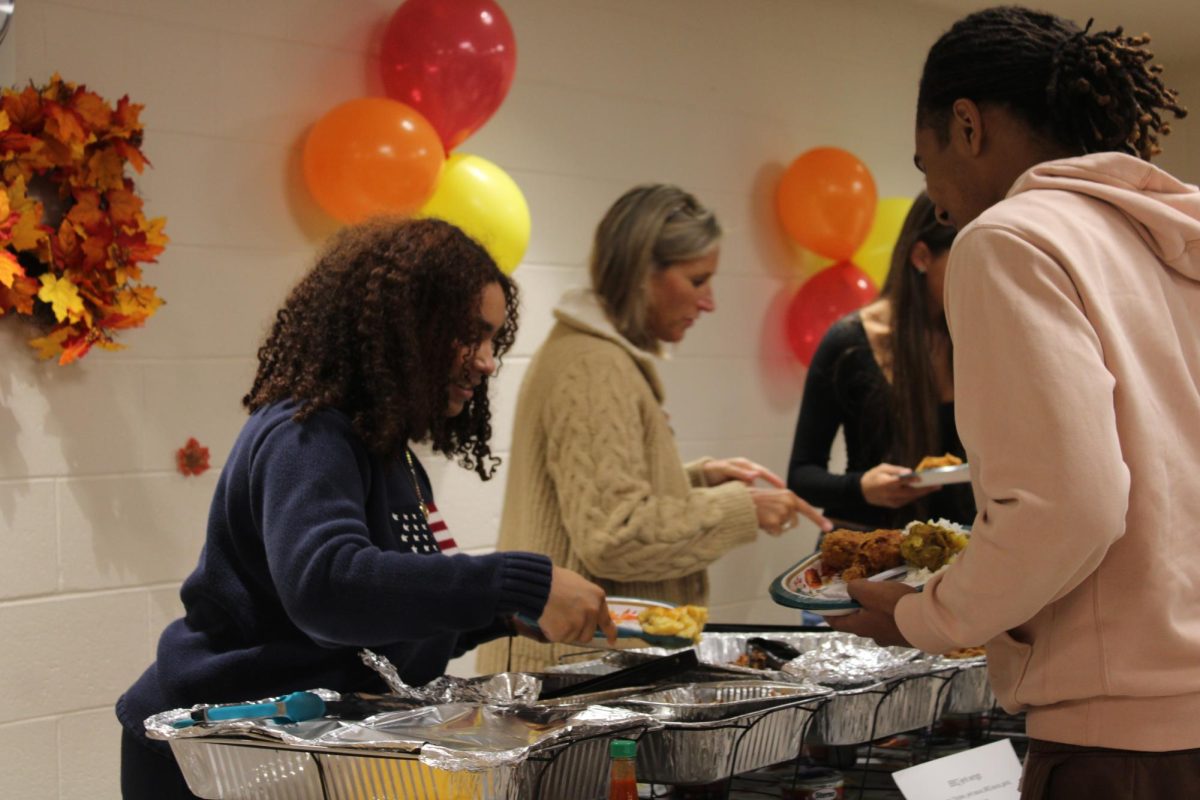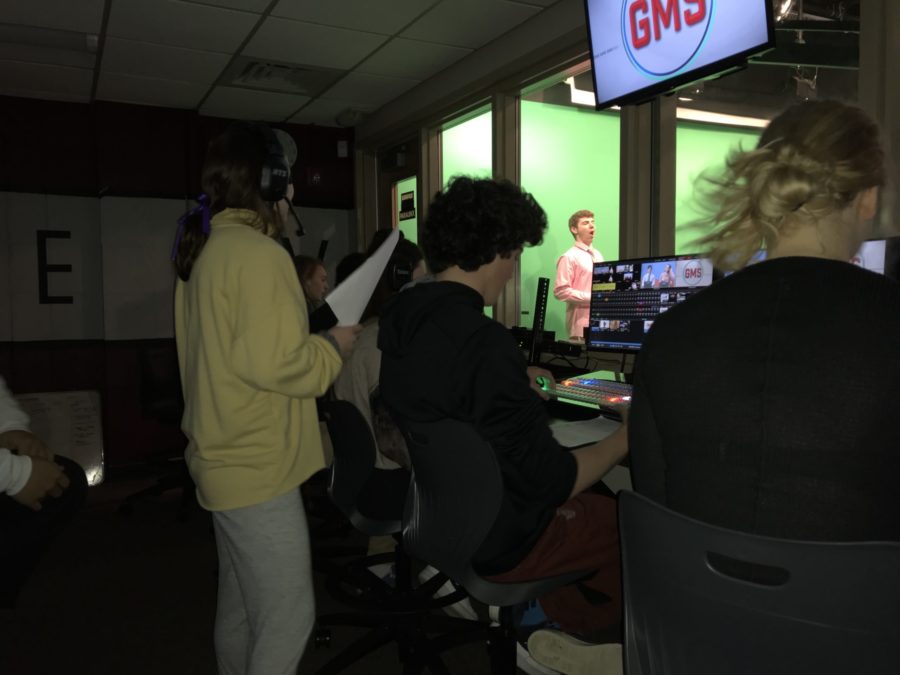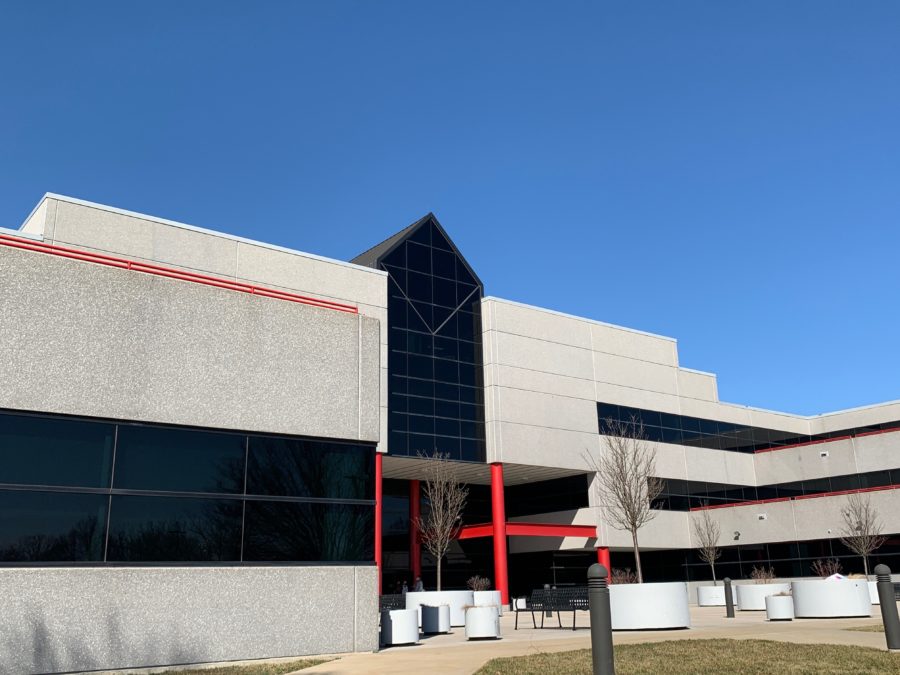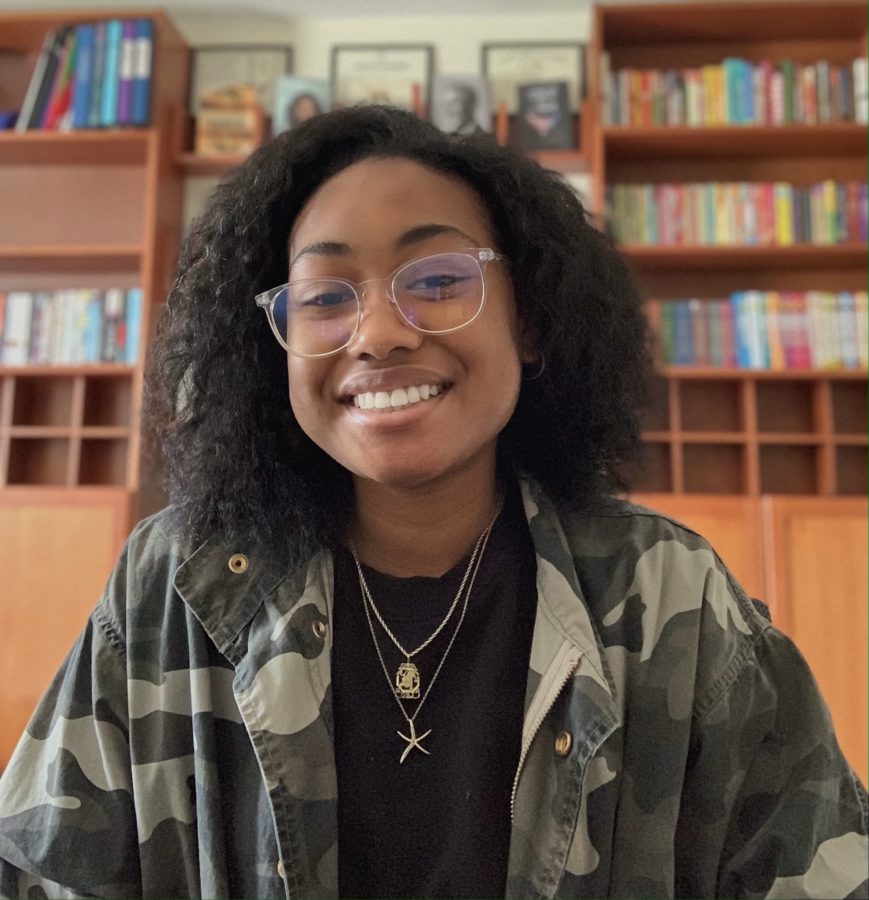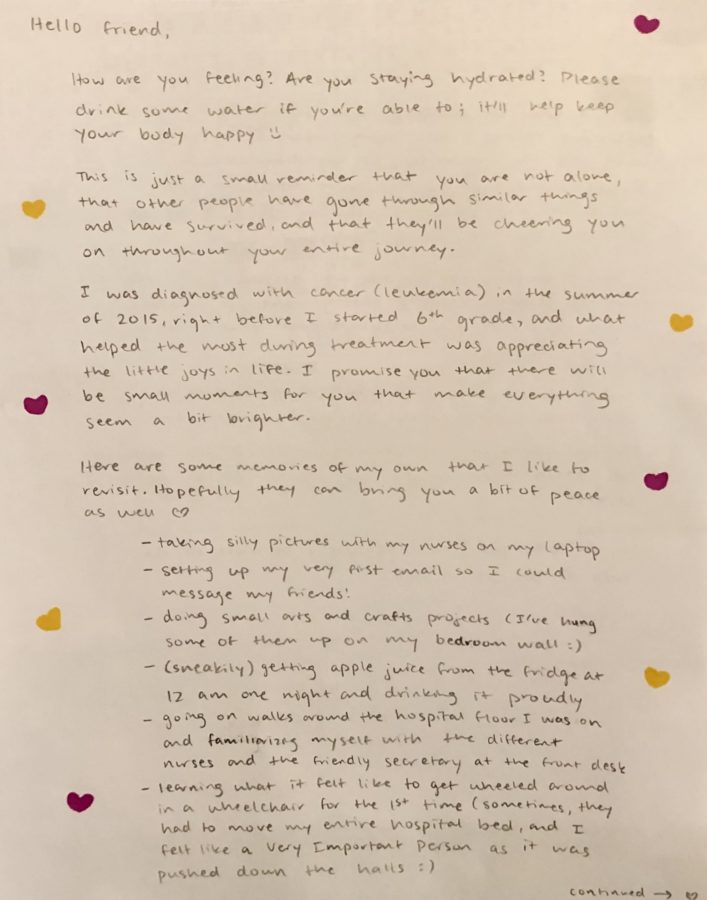Four years ago, Carol Gibson, a retired special education teacher and former faculty sponsor of the African American Student Union (AASU), wanted to honor important African-American figures in American history. Gibson then collaborated with previous Good Morning ‘Stoga (GMS) teacher Susan Gregory to create a daily feature highlighting influential African-Americans. Today, this initiative has evolved into a series of media packages that inform the student body about the childhood, hardships and triumphs of these individuals.
Counselor and faculty sponsor of the AASU Leashia Lewis’s motivation to continue this program stems from her own family’s experiences.
“In my family, we really celebrated African-American culture, and we’re a very proud family of our culture,” Lewis said. “We have also experienced hardships in our society, so I have always been passionate about supporting and uplifting the African culture.”
The process for creating these packages requires collaboration between the AASU and GMS. First, a member of the AASU creates a report on an influential African-American individual, explaining information about where this person was born and the impact they had on American society. Then, a member of GMS receives the script, edits it if necessary and adds visuals. In the past, the package would be live and the AASU members would read their script. Last year, however, the package was taped beforehand.
Alison Ferriola, teacher of GMS, believes that these packages are a good way to represent a minority population at Conestoga.
“For me, it’s a really great way to highlight a segment of our school population that is very small and doesn’t necessarily have as loud a voice as others,” Ferriola said. “I think it’s very important for us here at ’Stoga to highlight that month. It’s really important to shine a light on those who have faced some adversity and highlight how they came up out of that adversity.”
Both Lewis and Ferriola recognize that African-Americans don’t have to be in the media to be heroes. For Lewis, her grandparents served as her inspiration because of their character and perseverance.
“Many of the lessons I learned from my grandparents I still adhere to today,” Lewis said. “Even though they were not civil rights activists, they had always been activists in their talk and in their engagement with us. They were normal, working class people who cared a lot about family.”
Ferriola recognizes many African-American heroes found in public service.
“Currently, I am really impressed by a lot of female African-American U.S. Congresswomen that recently got inaugurated in Congress. When you think about African-American heroes, you think about Martin Luther King or Malcolm X, but I think that currently, these females are doing great things in government. I think it’s important that they are going to be representing America now. Hopefully we can bring a few of them in our segments.”
President of AASU senior Simone Skinner is looking forward to sharing the information in the packages with the school.
“I’m very excited to share the different leaders, events and our culture because I feel that schools tend to leave out different black figures and events that were crucial to black history,” Skinner said. “I hope that the Black History Month moments will help students and teachers get a better understanding of the importance of black history.”
This year, the AASU wants to add more flavor to their traditional reports. The members are looking to express African-American culture in addition to people.
“One idea is using creative visual pieces and poetry to represent jazz and blues music. We could also talk about cultural hair, food and clothing. For history, we could talk about moments or music, like the Civil Rights Movement. That’s what we’re working on,” Lewis said.
According to Ferriola, GMS is implementing these ideas in February. Adding creative packages will further engage the student body and help inform it about African-American culture.
For sophomore Elijah Ross, a member of the AASU, these packages are important because they raise awareness on a topic he says not often talked about.
“(Black History Month) is something that we don’t really talk about. I’m glad we’re talking about it more now,” Ross said.






